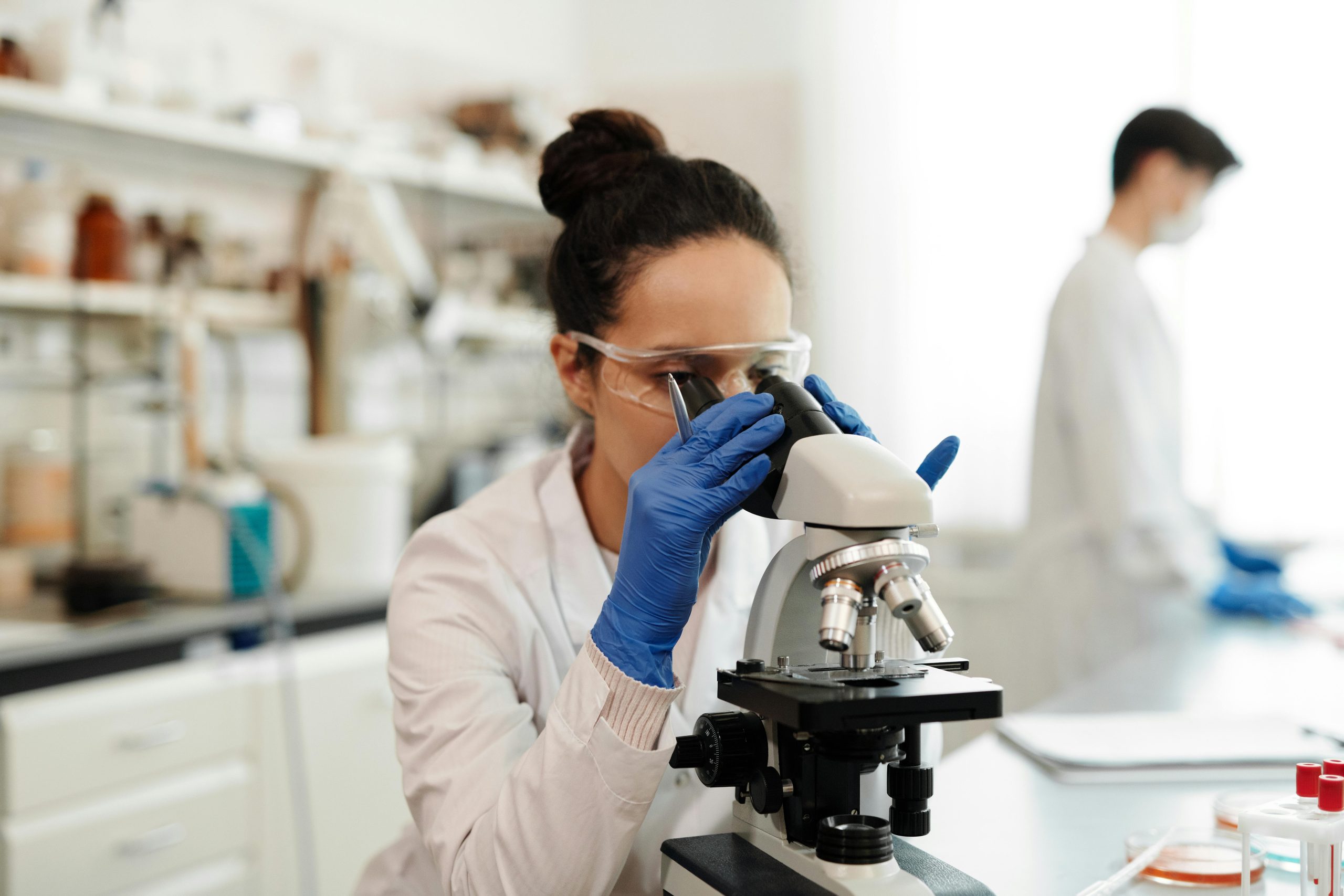Diabetes develops when the beta cells in the pancreas, which normally make the hormone insulin, don’t work properly or are lost. While the usual treatment is to inject insulin from an outside source, this doesn’t perfectly control blood sugar like the body’s own healthy beta cells do. This can lead to problems like very low blood sugar (hypoglycemia) and other health issues over time.
One promising way to help people with diabetes is to transplant healthy human pancreas parts (islets) that can produce insulin. However, there aren’t enough of these donor parts available. So, scientists are looking at a new approach: creating insulin-producing cells from stem cells for transplant.
- Stem cells called pluripotent stem cells (PSCs) are key to this approach.
- PSCs have the unique ability to become any type of cell in the body.
- There are two main types of PSCs:
- Embryonic stem cells (ESCs): These come from very early-stage embryos.
- Induced pluripotent stem cells (iPSCs): These are made by “reprogramming” regular adult cells, like skin cells, back into a stem cell state.
- Embryonic stem cells (ESCs): These come from very early-stage embryos.
- A major advantage of iPSCs is that they can be created specifically for each patient.
- This personalized approach may reduce the chance of the immune system rejecting the cells.
- Using iPSCs also avoids some ethical concerns related to embryonic stem cells.
To make insulin-producing cells, scientists guide PSCs through a series of steps that mimic how the pancreas develops in an embryo. This involves giving the cells different signals using special substances. These signals tell the cells to become specific types, eventually creating cells similar to beta cells that can release insulin when glucose (sugar) levels are high.
These lab-grown beta-like cells are not exactly the same as the body’s own beta cells, but scientists are improving the methods to make them work better and mature properly.
Even though this is promising, there are still challenges. Scientists need to make sure the transplanted cells can survive and work for a long time, prevent the body’s immune system from destroying them, and avoid any risk of them forming tumours.
Currently, there are ongoing studies (clinical trials) testing these lab-grown, insulin-producing cells in people with type 1 diabetes. If this technology works well, it could greatly improve diabetes treatment by providing a continuous source of insulin-producing cells, reducing the need for donor organs, and helping people with diabetes better control their blood sugar and have a better quality of life.
This article was developed in partnership with Diabetes Action Canada as part of the Canadian National Graduate Course in Islet Biology and Diabetes hosted by the University Toronto (BCH2140).

